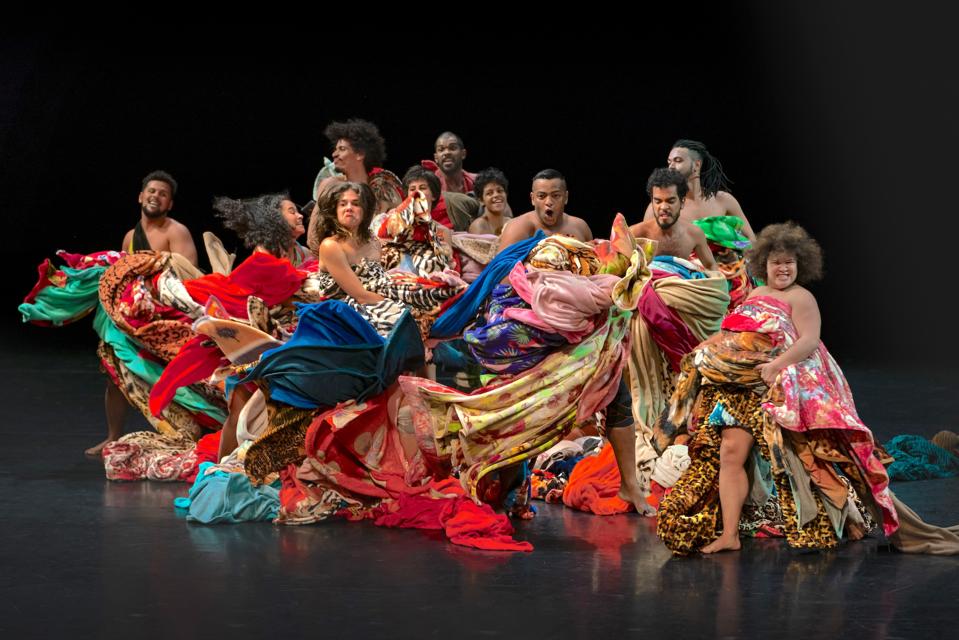On International Dance Day, 29 April, world-leading dance organisation Sadler’s Wells in London has unveiled the shortlist of the inaugural Rose International Dance Prize, a biennial prize for new dance creations in any style, showcasing some of the most inventive and daring choreographers around the world at work today. The Rose International Dance Prize consists of the Rose category, for established choreographers presenting a full-length performance of 50 minutes or longer, and the Bloom category, for emerging choreographers with a maximum of ten years’ experience. A prize of £40,000 will be awarded to the Rose category winner and a prize for £15,000 will be awarded to the Bloom category winner.
There will be an opportunity for audiences to have their say, with an online vote to choose an audience winner. With representation from across the globe, the shortlisted acts come from Taiwan, France, Brazil, America, Israel, Portugal and Greece, showcasing the breadth and depth of international talent in choreography.
Four Rose Prize productions and three Bloom Prize productions have been shortlisted by a process involving 14 international nominators (presenters, artists, producers and writers), followed by a refined selection process by six selectors, who nominated the seven international shortlisted productions.
The seven finalists will present their work on Sadler’s Wells’ stages from 29 January – 8 February 2025, so that the public and jury will be able to see the work live. The winners will be decided by a jury and the award will be designed by renowned artist and stage designer, Es Devlin CBE. The winners will be announced on Monday, 10 February 2025.
The Rose Prize shortlist
Portuguese choreographer Marco da Silva’s Carcaca takes inspiration from contemporary clubbing and traditional Portuguese dance.
2013 MacArthur Fellowship recipient Kyle Abraham has been nominated for An Untitled Love, which depicts Black love and community in the USA, with reference also to seminal work by the musician D’Angelo.
Larsen C by Greek choreographer Christos Papadopoulos is a work named after the vast Antarctic ice sheet which broke away in 2017. The work explores the universal patterns of change and the monumental shifts occurring around the world.
Brazilian choreographer Lia Rodrigues has been directing her dance company since 1990. In 2004 she moved the company to Rio’s Favela de la Maré where, together with the NGO Redes da Maré, she created an Art Center and a Dance School providing professional training to young dancers from the favela and elsewhere. Her nominated work, Encantado, is inspired by notions of enchantment.
The Bloom Prize shortlist
Sepia by Stav Struz Boutrous created during the pandemic is an investigation into her Georgian heritage and the war dances of her ancestors. Sepia weaves symbols of peace, ritual and domesticity between movements lifted from traditional war dance, reflecting Stav’s continued commitment to sharing messages of peace in times of conflict.
Maldonne by Leïla Ka French choreographer Leïla Ka is nominated for Maldonne, a highly evocative piece which sees five female dancers perform in forty different dresses, exploring the fragilities, rebellion and multiple identities that co-exist within femininity.
Beings is by Wang Yeu-Kwn Yeu-Kwn, a Taiwanese choreographer and dancer. The nominated work reflects the fragility of intimacy based on his experiences during Covid. The work centers around the idea that our existence leaves traces, which in turn tell stories. This is reflected in the use of paper and ink in the work.

